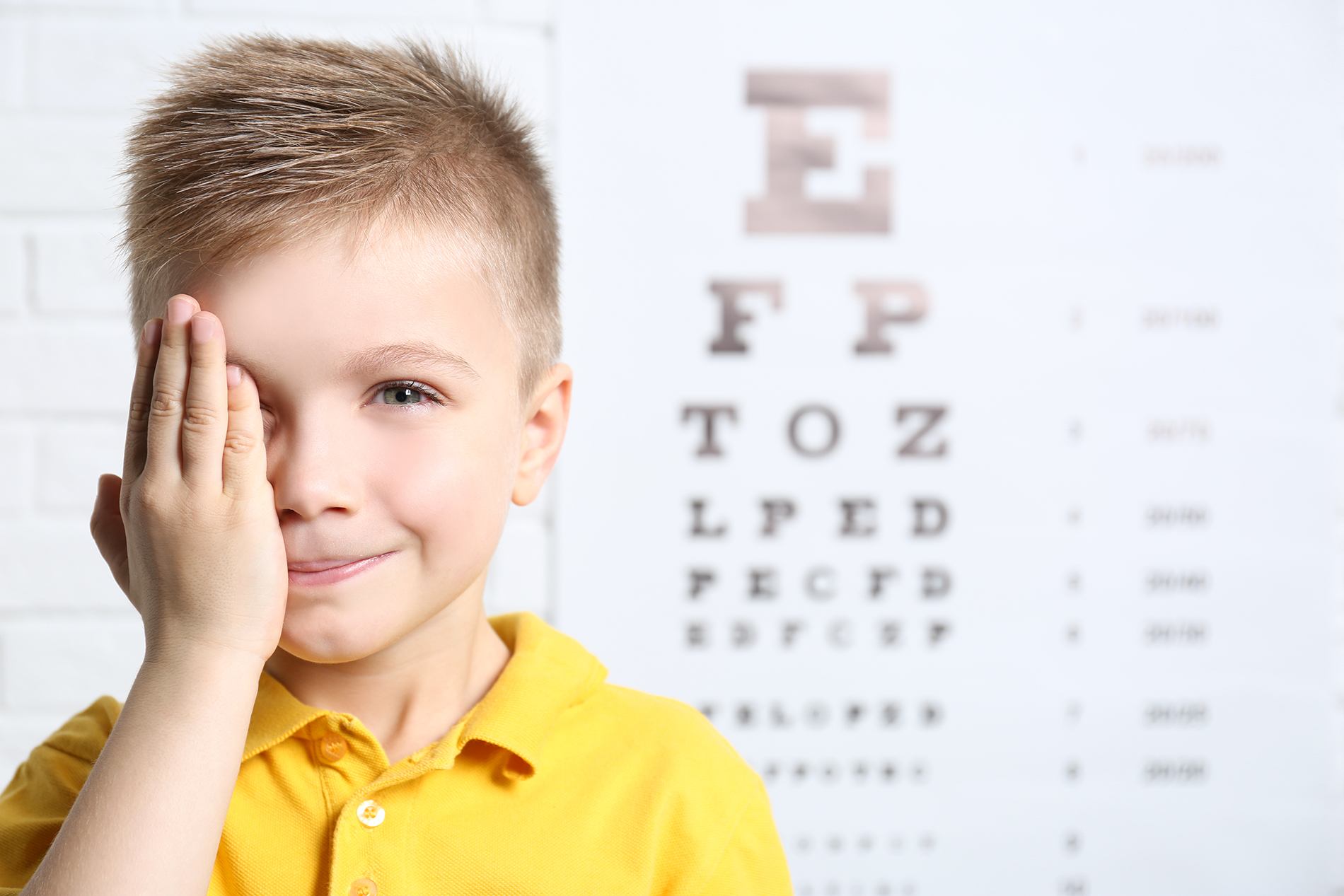Q How did you get started in Optometry?
I enjoyed the sciences at school but did not want a career sitting in a lab or office all day. Being an Optometrist allows me to work with the public, whilst working in a scientific and medical field.
Q Has your role and career changed over the years?
A lot. Since Scotland started offering NHS eye exams for anybody that is a UK resident, Optometrists have taken on more responsibility in the diagnosis, referral and aftercare of many eye conditions. The role of optometrists was further expanded in 2018 when optometry practices, in Scotland, took over ‘First Port Of Call’ services for all eye conditions. Now if you contact a GP or pharmacist, regarding an eye issue, you will be redirected to your optometry practice. This allows us to provide specialist eyecare services in a timely manner, at the same time freeing up GPs’ and pharmacists’ appointments for other conditions.
Q What do patients most ask you about?
Since coronavirus, people have changed the way they work, so queries about spectacles no longer working occur daily. It may mean their eyes have changed, or worsened, or that the type of spectacles they were wearing may no longer be the best option for them. More use of screens and mask wearing have also presented more enquiries about dry eyes. Often there are simple solutions to minor eye conditions, and there are many options for correcting spectacle prescriptions. This is why it’s important to maintain routine eye exam appointments and contacting the practice when new symptoms occur is recommended.
Q What do you enjoy about the industry and dealing with patients?
Variety. Everybody, coming into the test room, has different needs and expectations, so every day has a new challenge. It is also a profession where you provide a service to the public which brings great job satisfaction. As Spectacles Outlet is a local independent practice, it allows us to help, and feel part of, the local community.
Q Any tips on looking after eye health?
A healthy lifestyle. What is good for your body is good for your eyes.
Wear sunglasses. In Scotland, because we are not known for sunshine, we generally don’t wear sunglasses enough. UV, the part of the sunshine that can damage your eyes, penetrates through cloud cover. They also make you look cool!
If you are a smoker the best thing for your eye health is to try and quit. Smoking is a major risk factor for cataract, macular degeneration, diabetes and glaucoma. All of which can damage your vision.
Q Do you see any challenges / changes ahead for the industry?
The overworked hospital eye service will require more need for care to be carried out in the community. It will be optometry practices that will take up this care.
Introduction of new technologies will also enable us to diagnose eye conditions earlier, and monitor conditions more closely, leading to better eye health.
Already new technologies have been improving lens designs for spectacles, this will continue to change, and improve as time goes on.
Q Tell us a bit about yourself and what you do out of work?
Outside of work I spend most of my time with friends and family. If I get some free time I like to sew, mainly I make handbags, and I have a keen interest in genealogy.

